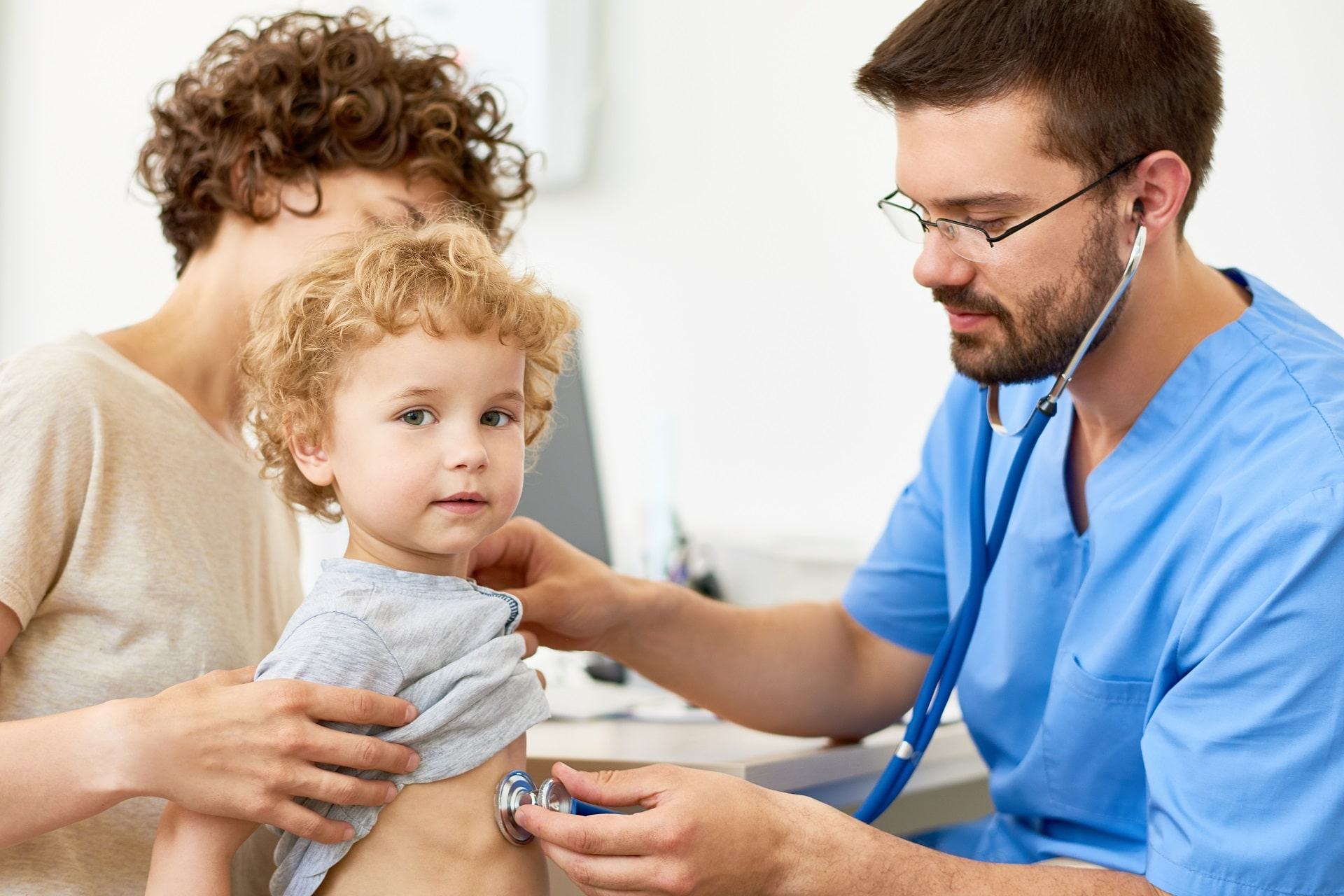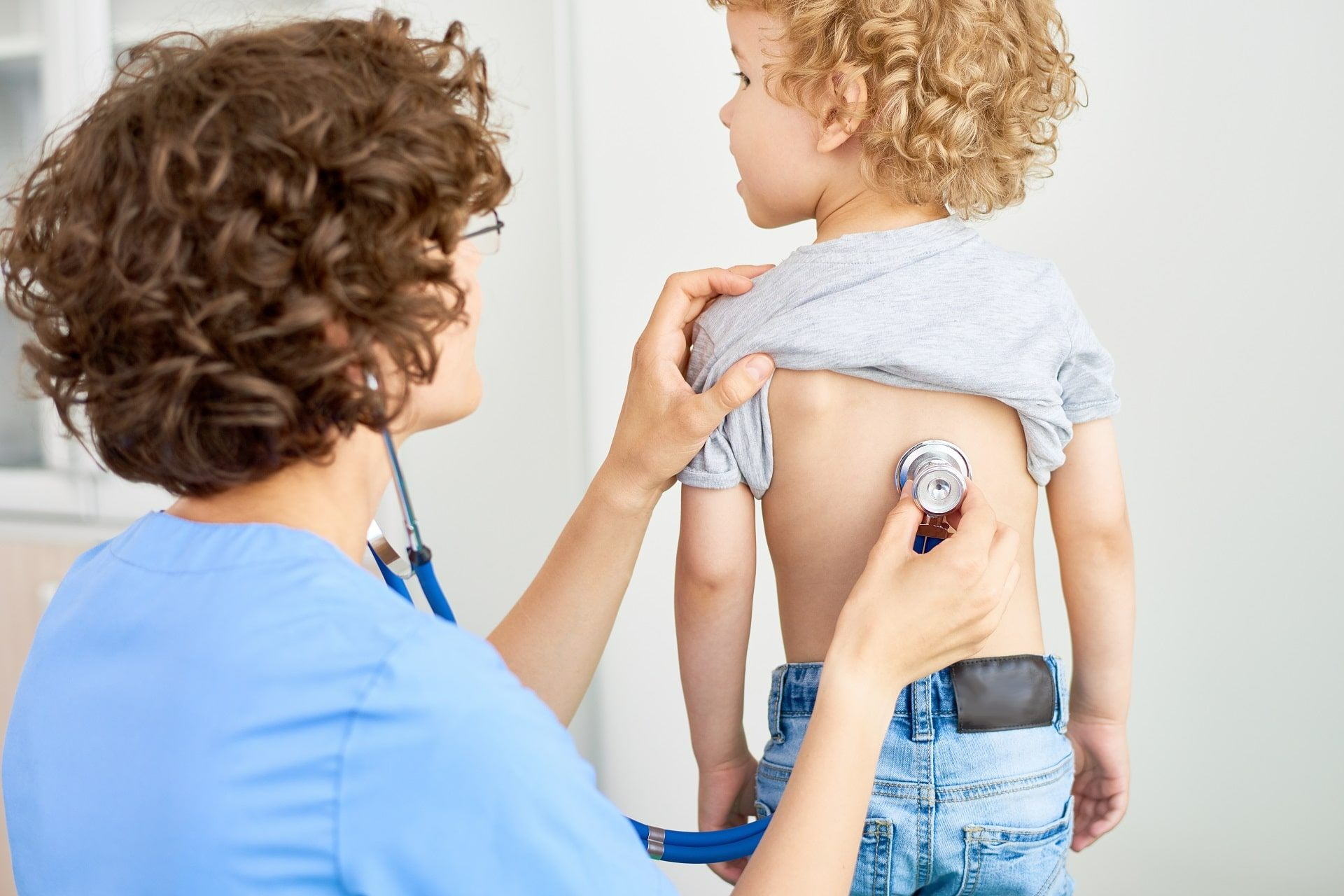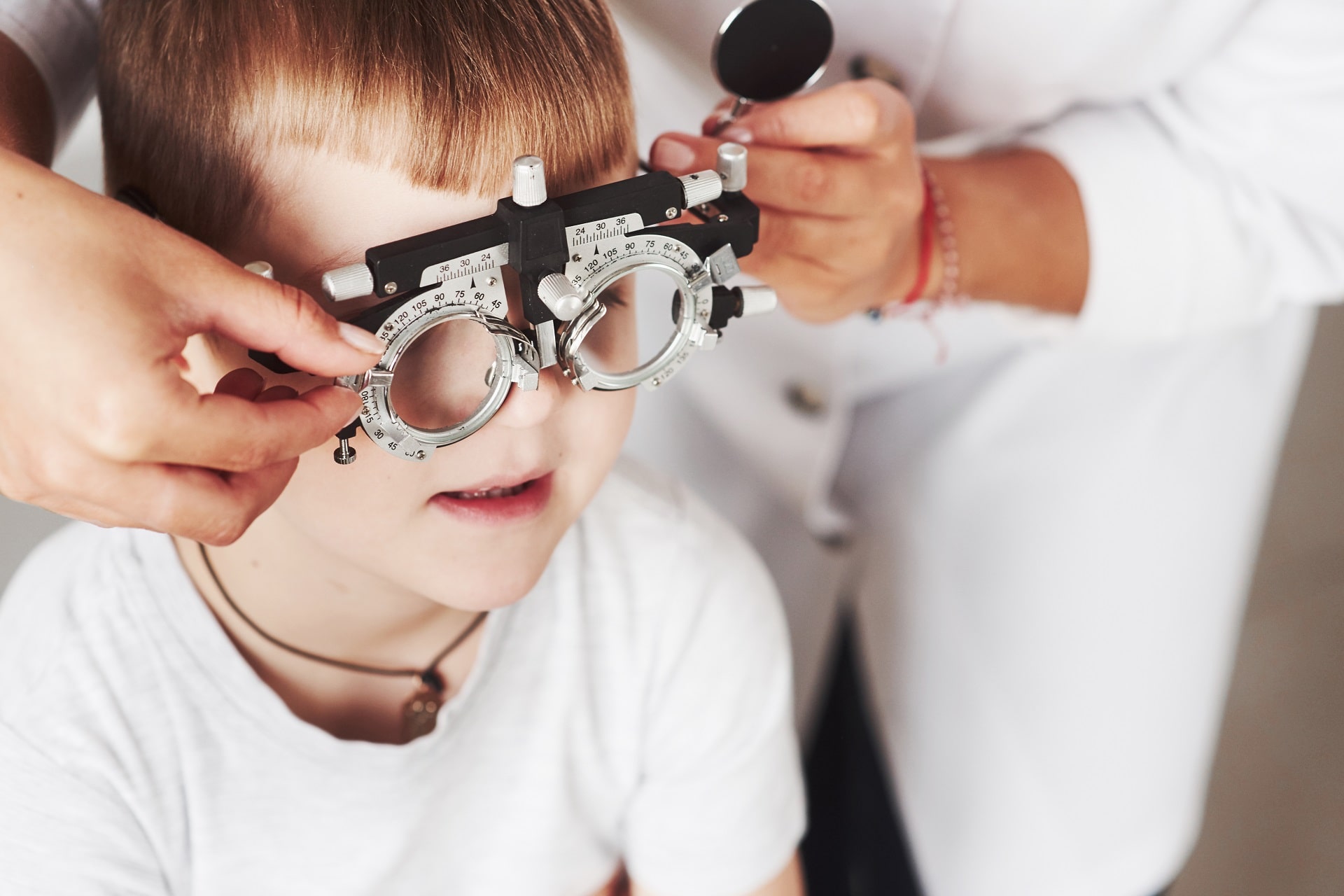Hypogonadism, often referred to as low testosterone or testosterone deficiency in men, is a condition where the body doesn’t produce enough sex hormones. These hormones are essential for everything from energy and mood to muscle mass and reproductive health. While the diagnosis can feel overwhelming, the good news is that hypogonadism is manageable—with the right care, support, and lifestyle choices.
Understanding Hypogonadism
In men, hypogonadism means the testes aren’t producing enough testosterone. This can be due to aging, injury, chronic illness, or even genetic conditions. Symptoms may include fatigue, low libido, mood changes, infertility, and reduced muscle mass.
There are two main types:
- Primary hypogonadism: The problem lies in the testes.
- Secondary hypogonadism: The issue originates in the brain (pituitary gland or hypothalamus), which controls hormone production.
Diagnosis and Medical Treatment
- Blood tests: These confirm low hormone levels and help determine the type of hypogonadism.
- Imaging or genetic testing: May be used to identify underlying causes.
- Hormone replacement therapy (HRT): Testosterone therapy is the most common treatment. It can be delivered via injections, patches, gels, or implants.
Regular follow-ups are essential to monitor hormone levels, manage side effects, and adjust treatment as needed.
At-Home Care Tips
- Take medications exactly as prescribed: Consistency is key for hormone therapy to work effectively.
- Exercise regularly: Physical activity helps maintain muscle mass, bone strength, and mood.
- Eat a balanced diet: Include calcium- and vitamin D-rich foods like dairy, leafy greens, and fortified cereals to support bone health.
- Avoid alcohol and tobacco: These can interfere with hormone levels and overall well-being.
- Track your symptoms: Keep a journal of physical and emotional changes to share with your doctor.
Emotional and Mental Health Support
Hypogonadism can affect self-esteem, relationships, and mental health. It’s okay to seek help.
- Talk to a therapist or counselor: Mental health support can be just as important as physical treatment.
- Join a support group: Connecting with others who understand your experience can be empowering.
- Communicate openly: Sharing your journey with trusted loved ones can ease emotional stress.
When to Call Your Doctor
Reach out to your healthcare provider if you experience:
- Persistent fatigue or weakness
- Mood changes or depression
- Difficulty with sexual function
- Breast tenderness or enlargement
- Vision problems or severe headaches
These may signal the need for treatment adjustments or further evaluation.
Final Thought
Hypogonadism may be a lifelong condition, but it doesn’t have to limit your life. With the right treatment plan, healthy habits, and emotional support, you can feel stronger, more balanced, and in control of your health journey.



